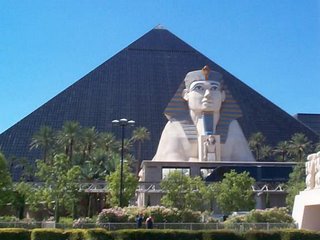Halawa Sweet - Egyptian Hair Removal - Assalya This is a very old, very famous Egyptian recipe for wax that is completely natural and extremely effective. It is basically caramel, right before it reaches the crystallising stage (so it also tastes great). It is relatively simple to make, but take care to observe the carmelizing of the sugar, because the window for the wax to be just right before burning is very small. Do not be frustrated if you burn a batch; even experienced makers do this all the time. The best thing to do is to watch is continuously once the colour changes to golden brown. You can eat it or you can use it as Hair Removal. Ingredients for Halawa Sweet, AKA Sweet, Egyptian Sugar Wax, or Hair Removal by Lucy Elsherif 1. Two cups of water 2. Three cups of sugar or three cups of honey 3. Two teaspoons of lemon juice Procedure 1. Place all ingredients in saucepan. Bring to boil. 2. When its colour changes to golden brown, lower the heat and continue to simmer. 3. Keep a ca...

Comments